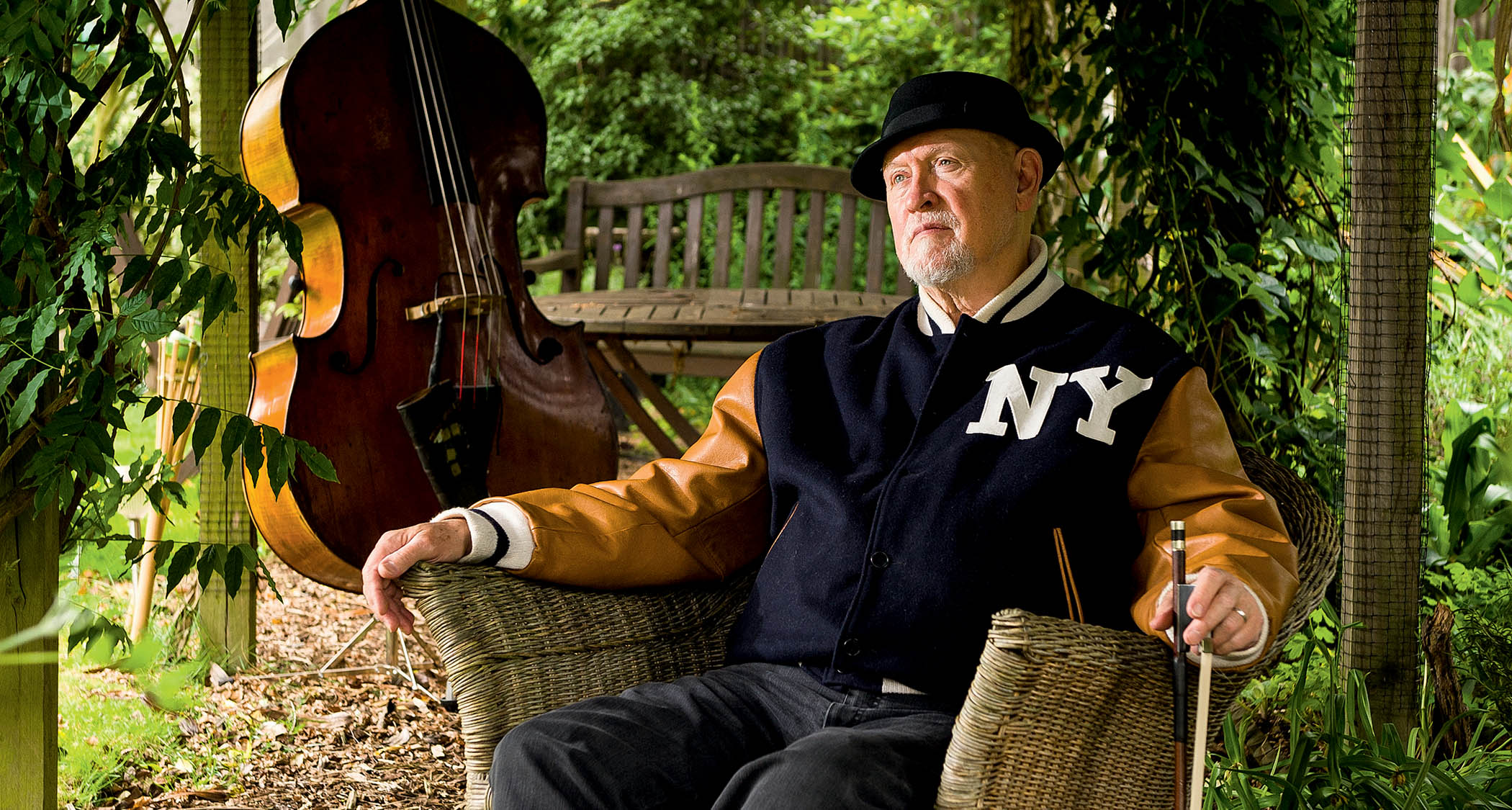Gene Simmons says Geddy Lee "didn't understand what a blues scale was" when they first jammed together
At that point, the Kiss bassist says, "Geddy played purely by ear." Of course, he continued, "later on, he learned what the notes were and stuff like that“

As improbable as it may seem today, there was a time when Kiss and Rush – two bands that would each go on to sell tens of millions of albums – used to frequently share bills, with the latter opening for the former.
At the time, Rush bass guitar player Geddy Lee hadn't yet grown into the low-end legend he is today and, reportedly, played mostly by ear. According to Kiss bassist Gene Simmons, for that matter, Lee – during Rush's early days – didn't even know what a blues scale was.
In a recently-published interview with Ultimate Guitar, Simmons said, “One night back at the hotel or backstage someplace [when the bands were touring together], Geddy and I were sitting down, trading licks, and I said, 'Do you want to do a blues scale? You go first, and then I'll continue the chord pattern,' and he said, 'I don't know what you mean'.
“At least from what I recall, Geddy didn't understand what a blues scale was or what '1, 4, 5' meant,“ Simmons maintains. “That also bears noting – when you go '1, 4, 5' to a musician, that means something, it's a relationship of notes or chords.
“So I go, 'Well, okay then, you hit a G, either octave or low,' and he said, 'Which one is that?' Geddy played purely by ear. Now, of course, later on, he learned what the notes were and stuff like that.“
Green in his scale knowledge early on or not, Lee would go on to become one of rock's most celebrated bassists.
“His phrasing is unbelievable,“ Primus's Les Claypool said of Lee's bass playing in a Bass Player interview last year. “It’s different than anybody else. It’s almost like Paul McCartney, in that he is very melodic and in the way he phrases it. It’s almost lyrical, the way he [McCartney] phrases his parts, and Geddy has that kind of phrasing.“
All the latest guitar news, interviews, lessons, reviews, deals and more, direct to your inbox!
Jackson is an Associate Editor at GuitarWorld.com. He’s been writing and editing stories about new gear, technique and guitar-driven music both old and new since 2014, and has also written extensively on the same topics for Guitar Player. Elsewhere, his album reviews and essays have appeared in Louder and Unrecorded. Though open to music of all kinds, his greatest love has always been indie, and everything that falls under its massive umbrella. To that end, you can find him on Twitter crowing about whatever great new guitar band you need to drop everything to hear right now.

